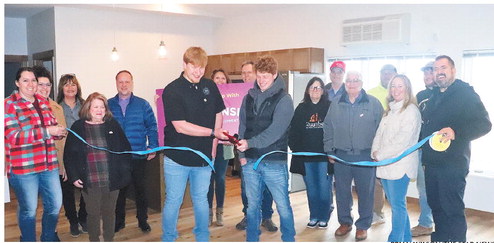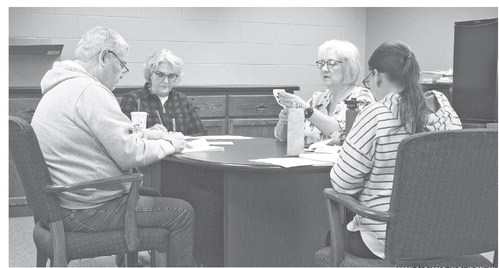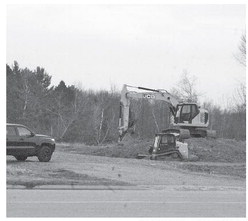A hidden heart risk: how alcohol can trigger AFib
Atrial fibrillation (AFib) is the most common heart rhythm disorder, affecting millions of people. While many factors can contribute to AFib episodes, research shows that alcohol is a significant trigger – even in small amounts.
Studies indicate that consuming just one drink, can increase the likelihood of an AFib episode, sometimes doubling the risk within hours.
As part of American Heart Month, health officials are raising awareness about how alcohol affects heart rhythm and why people with AFib should consider eliminating it.
AFib occurs when the upper chambers of the heart, the atria, quiver, instead of contracting properly, which can lead to heart failure, stroke and even early death.
“Alcohol creates a chemical environment in the heart that makes AFib more likely and studies show there really is no safe level of alcohol for people with this condition,” said John Johnkoski, MD.
For those already diagnosed with AFib, alcohol can prolong episodes, interfere with medications, and increase the risk of stroke and heart failure. Over time, continued alcohol consumption can weaken the heart and contribute to more persistent forms of AFib.
“We used to think alcohol only caused heart problems with excessive drinking, but now we know that even small amounts can negatively impact AFib,” said Johnkoski. “Avoiding alcohol gives you the best chance of staying in rhythm, whether you’re managing it with medications, catheter-based therapies or surgery.”
The best way to maintain a stable heart rhythm, is to avoid alcohol entirely. If symptoms, like a racing heart, palpitations or dizziness after drinking, appear, stop immediately. If symptoms persist or worsen, contact a doctor.
While everyone’s AFib triggers may vary, Johnkoski stresses that quitting alcohol is the safest option.
“If someone is willing to stop drinking, that’s fantastic – that’s a win,” he said. “If they’re hesitant, we might frame the conversation around testing whether alcohol is a trigger for them. But, the reality is, studies show there’s no truly safe level of alcohol for people with AFib.”




